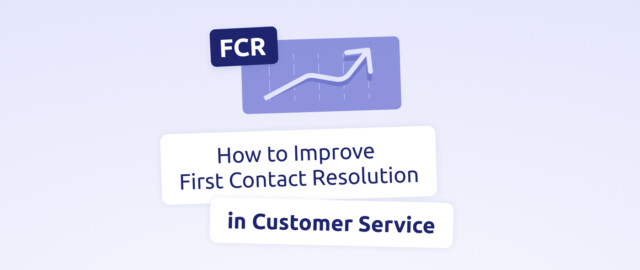But what about those customers who want to communicate with a real person?
There are numerous reasons why a customer may find a human interaction preferable. Perhaps they have a complex query that needs to be explained in detail or maybe they simply don’t like or trust technology!
A common scenario is when a caller is angry and wants to vent their frustration to a real person who may be able to listen and provide a solution instead of relaying a standard response. An angry customer can present a real challenge! The interaction starts badly and the customers’ expectations are often low, however an angry customer also offers a great opportunity. This is an occasion when a well-trained human agent can really transform the situation.
Customer service, conflict management and training in emotional intelligence are essential in arming your center staff with the ability to turn a potentially negative situation into a positive one. Often an angry caller just wants someone to listen to their problem and hopefully offer a solution! Humans not only have the ability to listen but more importantly to empathise with customer thoughts and feelings. Despite dramatic advances in artificial intelligence, the ability to empathise remains a purely human ability and can be priceless in customer experience.
The other downfall of technology focused customer interactions is that they are reactive.
The interaction often only takes place because the customer has reached out to the business. A more rounded customer experience involves two-way communication. Call agents can take time to ‘check-in’ with customers actively reaching out to ask if customers have any issues or feedback they would like to share. Customer data can offer an insight into the customer profile which the agent can use to personalise their interactions.
The role of technology in the center must go beyond call handling and focus on supporting agents in their interactions with customers. Using technology to handle mundane services frees staff for more meaningful interactions, such as consulting one-to-one with customers to address complex issues.
It is always worth remembering that the customer’s experience with your brand is often an emotional one. Business leaders should maximise these emotional connections by investing in staff and providing exceptional training and support. Providing your customers with access to a knowledgeable human workforce can build emotional connections which can certainly be the key to driving business success.
Curious to know more about Diabolocom?



